When Israeli jets flew into Qatar’s skies last week, striking a residential block that housed Hamas negotiators, the Jewish nation may also have set in motion something it has long feared: the birth of an Arab military alliance.
Following the strikes, leaders of 40 Arab and Islamic nations convened in Doha for emergency talks, calling for firm action even as as they discussed a Gaza ceasefire proposal. At the meet, Egypt pressed for the creation of an “Arab Nato”, while Pakistan called for a joint task force to “monitor the Israeli designs in the region and adopt effective deterrent and offensive measures in a synchronised manner to ward off Israeli expansionist designs”.
However, such a move, if fructifies, has serious implications for India. Here’s how.
Israel strikes push Arab and Islamic nations together
On September 9, 2025, Israel launched a surprise attack on Doha, Qatar, in an operation aimed at killing senior Hamas leaders. Defending the action, Israeli Prime Minister Benjamin Netanyahu even suggested that the Jewish nation could launch another one. “I say to Qatar and all nations who harbour terrorists, you either expel them or you bring them to justice,” said the prime minister, adding. “Because if you don’t, we will.”
After the strikes, Qatar hosted a summit of Arab and Islamic nations on Monday (September 15), featuring an impressive line-up of world leaders, including those from Pakistan, Turkey, the United Arab Emirates and Bahrain, Egypt, Jordan and Morocco.
Qatar’s ruling emir opened the summit by accusing Israel of not caring about its hostages in Gaza and instead working to “ensure Gaza is no longer livable.” Sheikh Tamim bin Hamad Al Thani said: “There is no room to deal with such a party that’s cowardly and treacherous. Those who work consistently to assassinate the party in these negotiations will certainly do everything to ensure the failure of these negotiations. When they claim that they seek the liberation of hostages, that’s a mere lie.”
Turkish President Recep Tayyip Erdogan said Israel “should also be squeezed economically, as previous experience shows that such steps yield results.”
Meanwhile, Egypt, Iran and Iraq pushed for the formation of a unified military coalition that can take on enemies, including Israel, along the lines of the Western alliance of Nato. Speaking on the same, Iran President Masoud Pezeshkian, “Tomorrow, it could be the turn of any Arab or Islamic capital. The choice is clear. We must unite.”
Impact Shorts
More ShortsIraqi Prime Minister Mohammed Shia al-Sudani was quoted as telling Al Jazeera, “There is no reason Muslim nations cannot form a joint security force to defend themselves.” He added that the Islamic world holds “numerous levers” that could be used to deter Israel, warning that the Israeli “aggression will not stop at Qatar.”
Pakistan Prime Minister Shehbaz Sharif and Foreign Minister Ishaq Dar, who led Islamabad’s delegation, also pressed for an “Arab-Islamic task force” to counter what they called “Israeli designs.” Dar declared that Israel “should not be allowed to get away with attacking Islamic countries and killing people with impunity,” adding that 1.8 billion Muslims were “eyeing this summit” for a clear roadmap.
Reacting to this development, Hussein Ibish, a senior scholar at the Arab Gulf States Institute in Washington, was quoted telling the South China Morning Post, “They [Arab countries] really feel they have no choice, adding that if the US were to start making clear the terms on which it would be providing closer security coordination “then they would not feel the need to go forward with this uncharacteristic and uncomfortable effort at military integration”.
History behind an ‘Arab-Islamic’ Nato
The idea of Arab and Islamic nations coming together in a military coalition is not new. In 2015, Egypt suggested forming a joint Arab military force to deal with problems in Yemen and Libya. Many countries said they would support it, but arguments over who would lead and how to fund the plan stopped it.
In the same year, Saudi Arabia also announced a 34-nation Islamic military coalition to combat terrorism, which was informally dubbed the ‘Muslim Nato’. While countries such as Egypt, Qatar, the United Arab Emirates, Turkey, Malaysia, Pakistan and several African nations were said to join the alliance, Iran was not a participant of it. The stated aim of this grouping was to fight extremism and terrorism in the region and the Horn of Africa. At the time, it also got backing from the Donald Trump administration.
As Ibish said the US had envisaged an Arab-Israeli alliance against Iran. Instead, Israel, a key ally of America, now finds itself named as the threat.
An ‘Arab-Islamic Nato’ and India
A push for an ‘Arab-Islamic Nato’, aimed at Israel, however, has serious implications for India.
Pakistan pushing for such a coalition, in fact, should worry New Delhi, as Islamabad may use this platform to bolster its presence on the global stage. In the past, Pakistan has used multilateral platforms to peddle its narrative against India, namely on the issue of Kashmir. For instance, Pakistan has time and again mentioned Pakistan and called for outside mediation at the Organization of Islamic Cooperation (OIC).
There’s also the fact that this Arab-Islamic Nato will have Turkey’s support. In recent times, Ankara has extended extensive support to Islamabad; amid Operation Sindoor, Turkey shared not only military hardware but also sent personnel and technicians to Pakistan against India. And a Nato-style alliance, which considers an attack on one member as an attack on all, could be worrying to India.
As Moneycontrol reported, it would embolden Islamabad, providing it with another venue for anti-India activity.
Furthermore, India’s ties to Israel — which span across defence and energy, complicate the matter. Even though India has maintained a balanced approach to the Palestine-Israel conflict, including a recent UN General Assembly vote for a Palestinian state, it risks being seen as aligned with Israel in the eyes of such a bloc.
While this Nato-style alliance seems more rhetoric than reality at the moment, New Delhi should be paying attention and further cultivate its ties with the other countries to secure its position.
With inputs from agencies


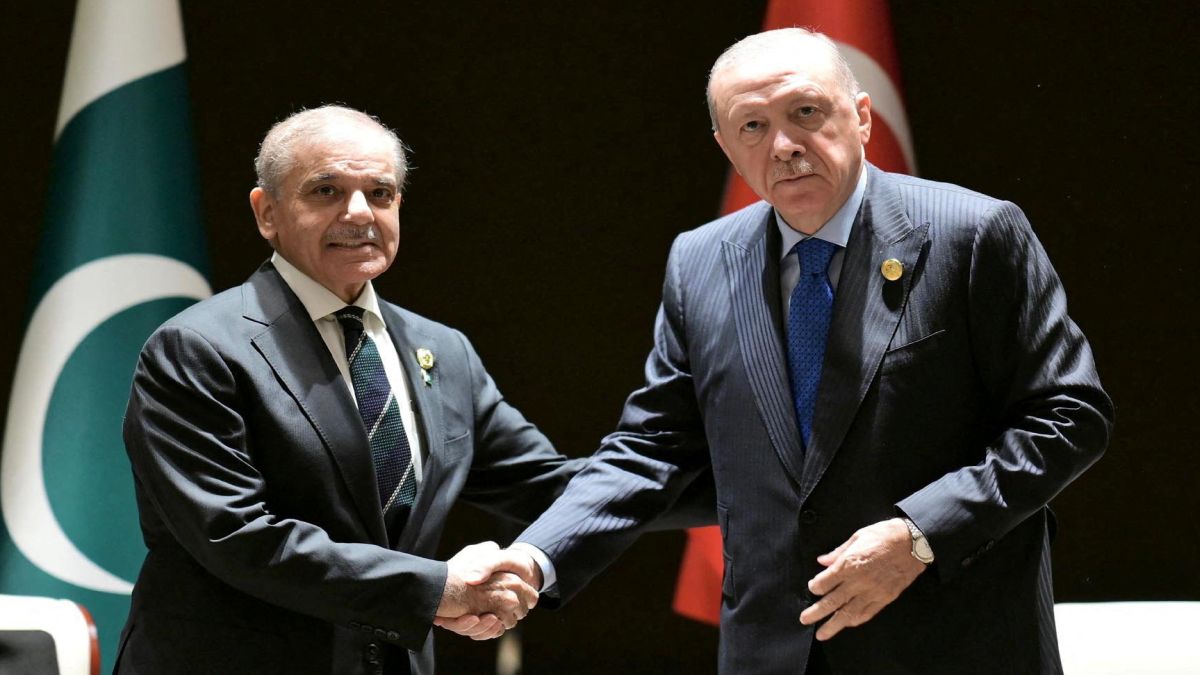)

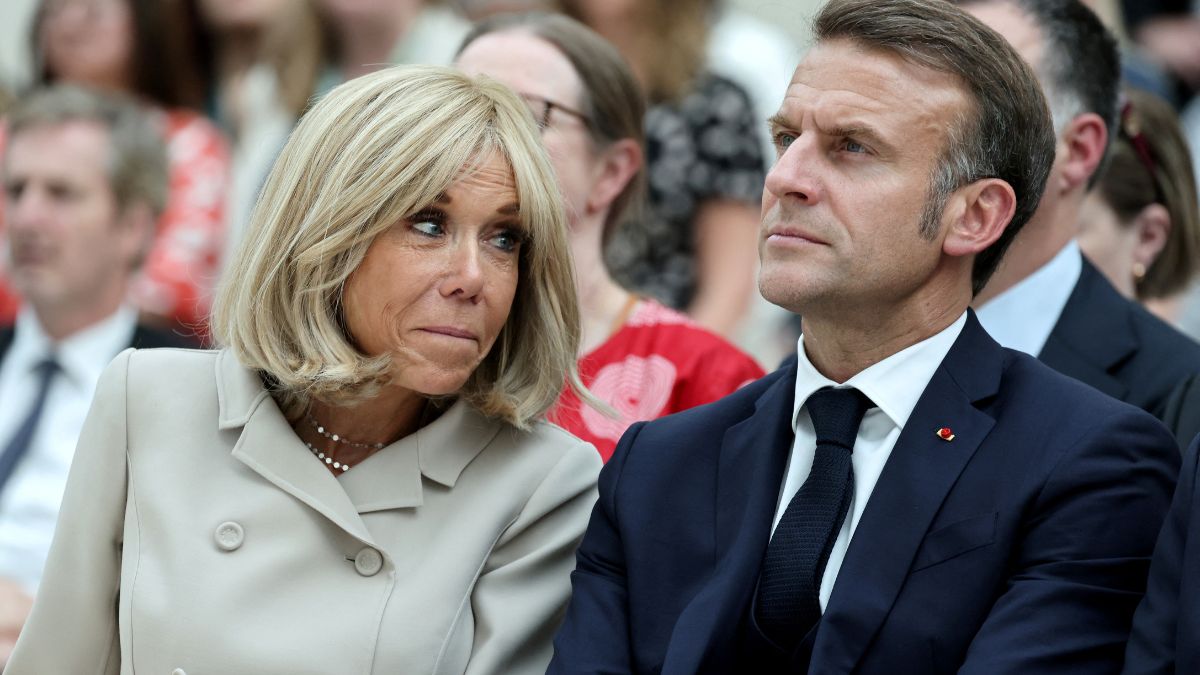)
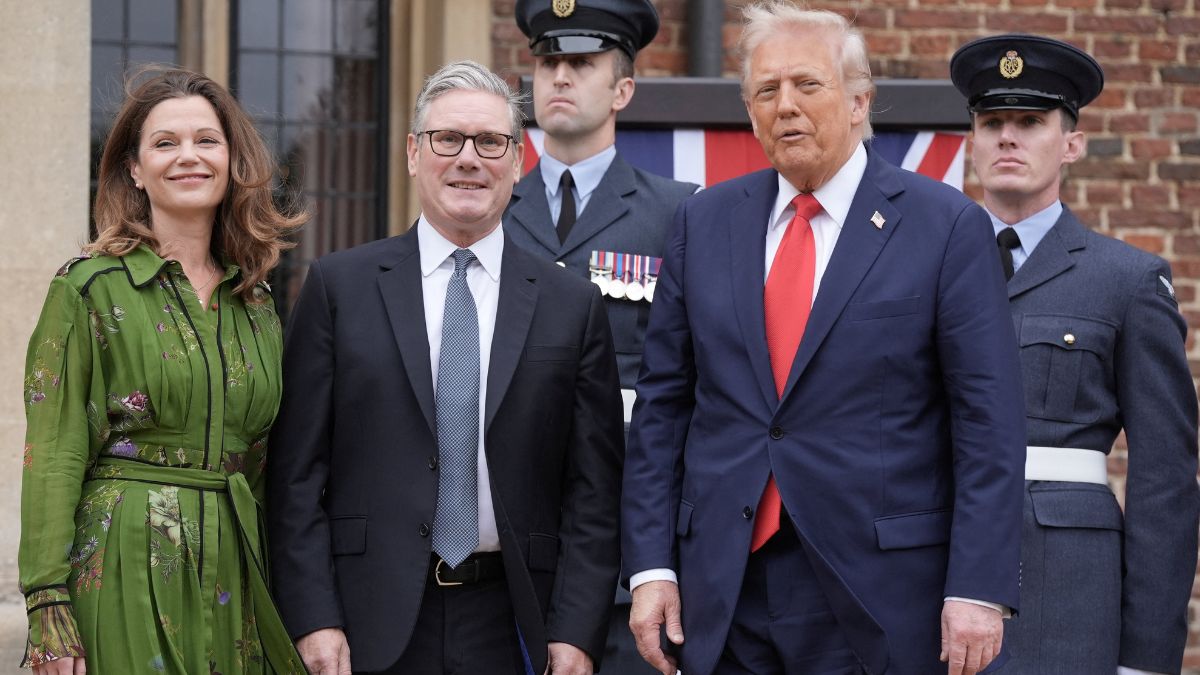)
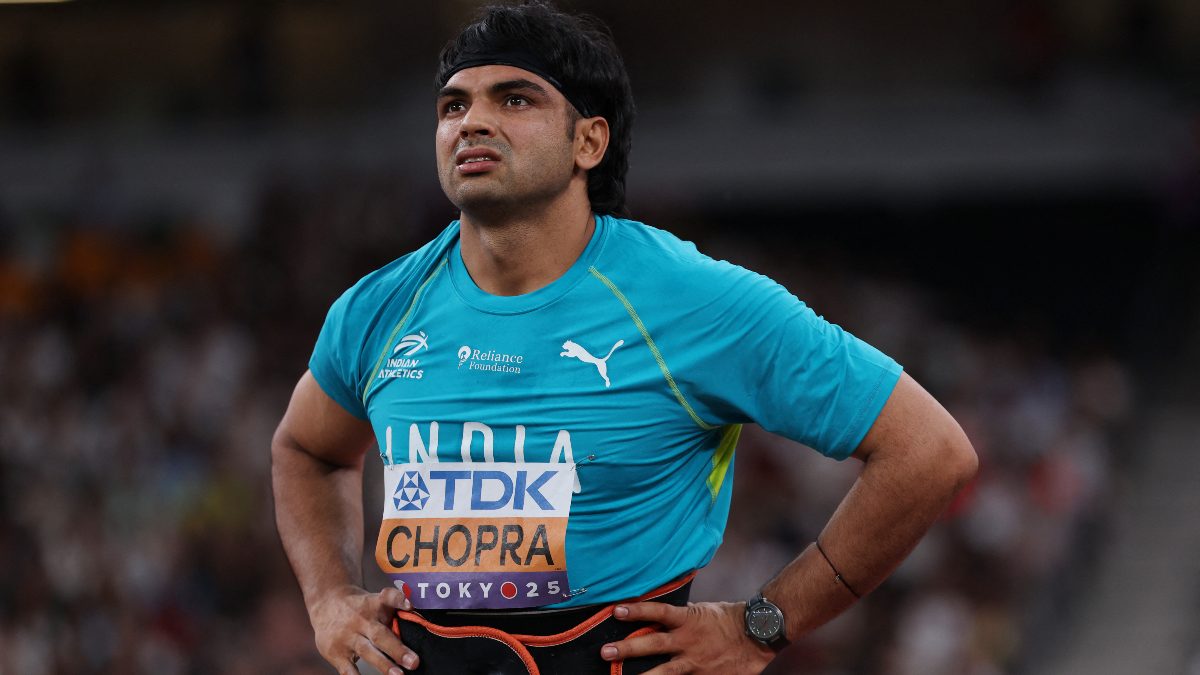)
)
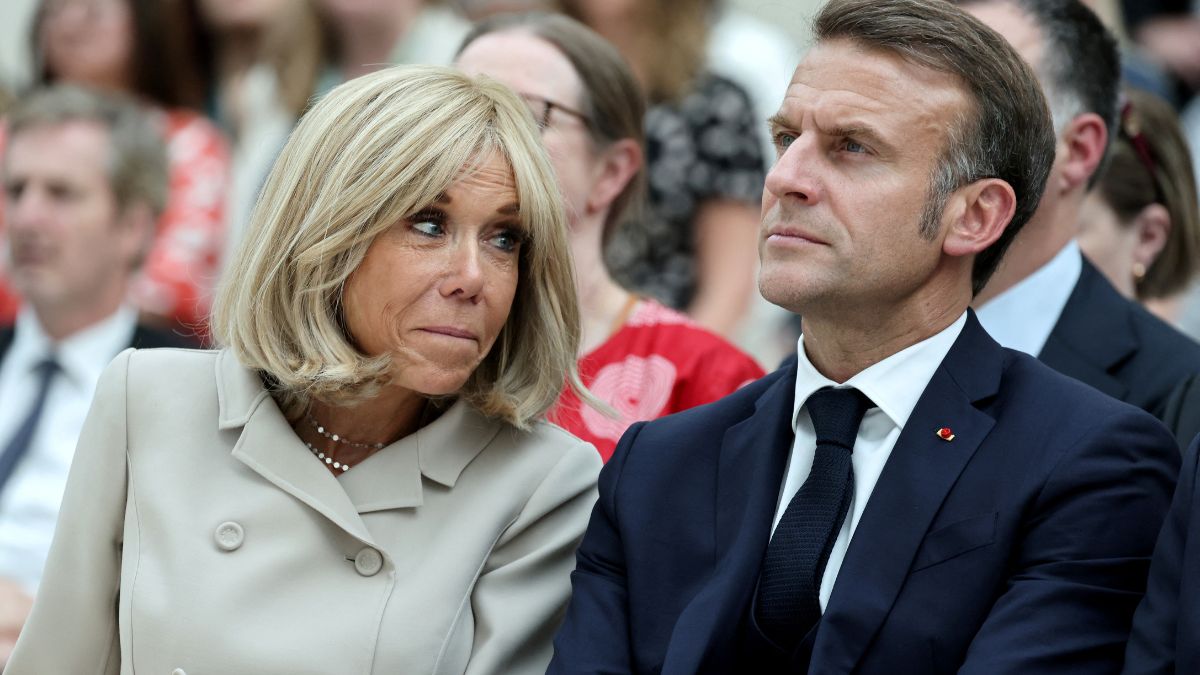)
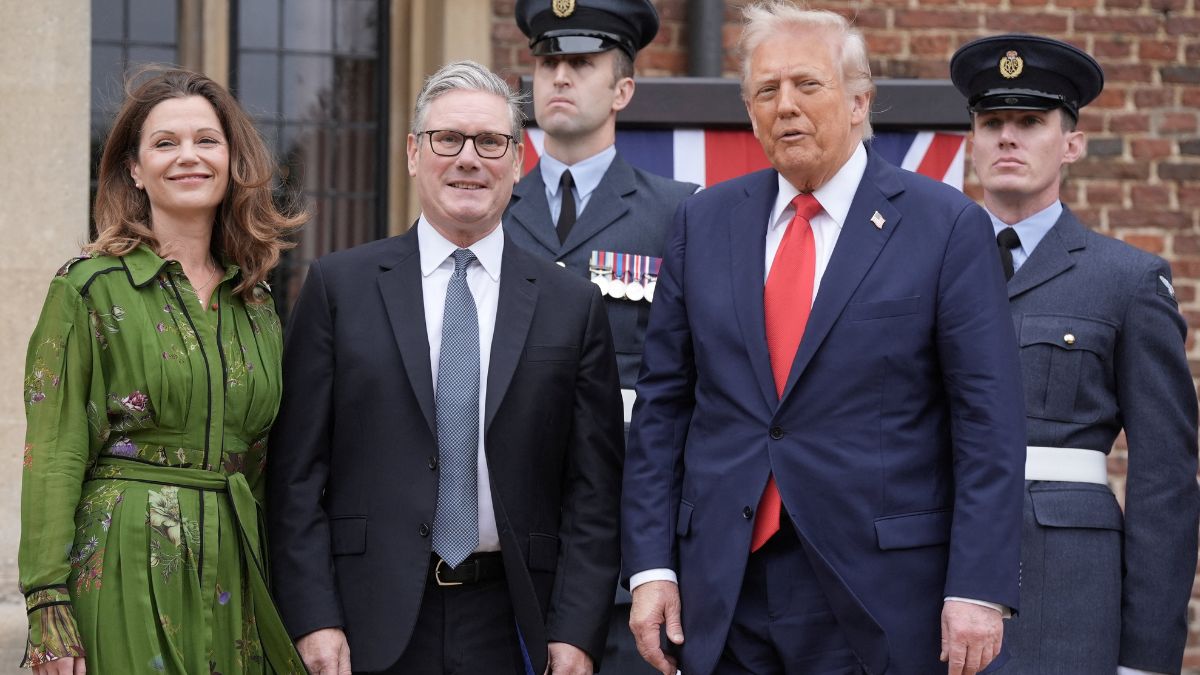)
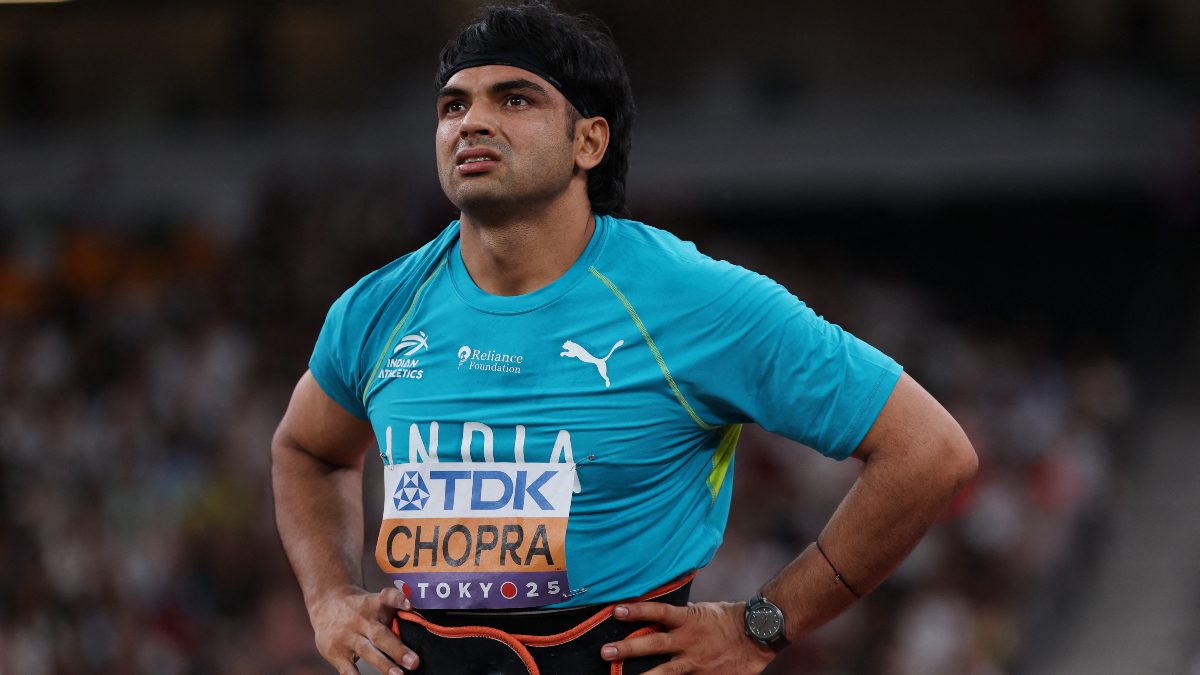)
)



